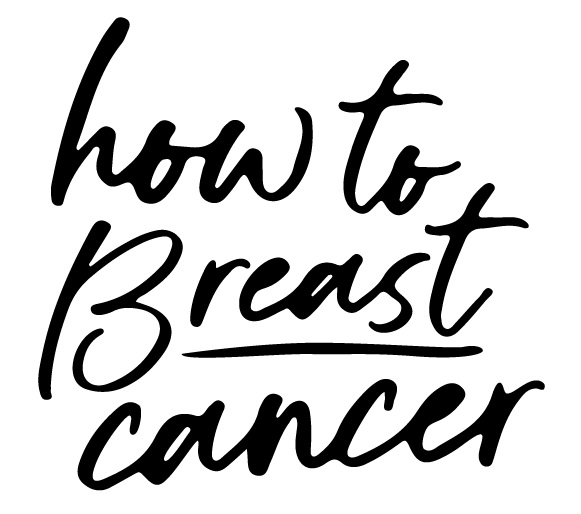Ask Amelia: Jan 2022
Thank you for continuing to send us your questions! We encourage you to continue to send us your comments and questions through contact us.
Do you have any diet tips, especially for the days of treatment?
While diet can be very person-specific, here’s what has worked well for me during the days of treatment. First, I eat small portions every four hours or so and stay very, very hydrated. I have found that I do better with cold-temperature meals, such as lean, thinly sliced turkey or chicken, soup broths at room temperature, unsalted crackers (can’t say enough about how helpful these can be!) and plain toasted bread. I also have a tablespoon or teaspoon of dairy-free/plain greek yogurt after every meal. Throughout the day, I snack on bananas, and small portions of sliced avocado on toasted bread or crackers. In our upcoming February blog, we will share additional tips on healthy eating in honor of National Heart Month.
What if I don’t want or am not ready to tell others about my diagnosis?
This is completely understandable and something with which I struggled early on in my diagnosis. In my opinion, the decision about if and when to tell others about your diagnosis is very personal and one that only you can make. No one faced with a cancer diagnosis should feel pressured as to when they share their diagnosis with others. However, keep in mind that you will need the help of others as you go through your journey. So, incorporate into your decision-making who those “helpers” are most likely to be and when you may begin needing their support — whether physical or emotional. You will want to give them time to process what your new journey means to you — and to them. You will know when the time is right to tell others and how much you want to share. People who truly love you will understand and want to be there for you.
I recently got diagnosed and am not sure how I feel about “Happy New Year” and all of that stuff! Thoughts?
This question is so timely, and I think it strikes a chord with people that are both starting the journey, as well as those very much in the midst of it. For me, it is a balancing act. There is much good in harnessing the power of the spoken good sentiment behind wishing for a happy new year and that can be a very powerful coping mechanism. On the other hand, I don’t think anyone should be obliged to be cheery if they are not in an emotional place to do so. Especially when dealing with the seriousness of embarking on a cancer journey. Take the time to listen to how you are feeling and to understand the emotions. I think this will allow you to feel better when you are ready to feel better and to not feel pressured to be anything other than your best you.
During the week of chemo, I can’t seem to sleep, and yet I am exhausted. What did you do?
First, know that as time goes on with the treatments, it does get better. The body usually adjusts to treatments and the side effects, like the challenges with sleep, ease. However, what I did early on in my treatment to be able to sleep and rest was this:
I listened to meditation/sleep stories (like the ones offered on the Calm app) to help me fall asleep.
I went to bed even when I was not able to fall asleep, in order to signal to my mind and body that I wanted to rest.
I turned off all ‘electronic’ devices at least an hour before lying down, so that I could also calm my mind and thoughts.
I deliberately turned down the room temperature in the bedroom, even when I was cold, because it actually comforted me to be curled up under the blankets (and I had so many of them!).
Fatigue is an unpredictable companion on the journey and often strikes at unexpected times. Learn to listen to your body, and, if you are able, take even just 20 minutes during the day to close your eyes and rest. It will help.
With love,
Amelia O.





